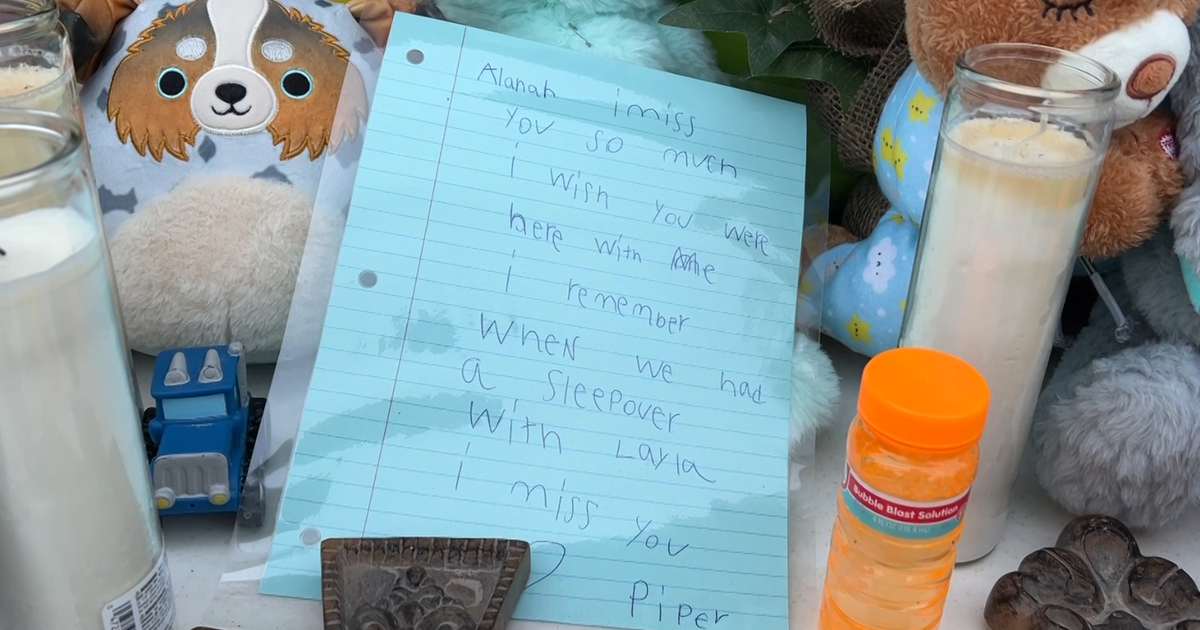CS Mott Children's Hospital in Ann Arbor rolls out recycling program in operating rooms
ANN ARBOR, Mich. (CBS DETROIT) - The University of Michigan's CS Mott Children's Hospital has launched a program to recycle medical plastics in operating rooms.
The initiative took two years to launch, and the recyclable material is taken to a facility in Ohio for processing.
Michigan Medicine decided to pilot the program in operating rooms since they generate an enormous amount of medical waste each day.
"A lot of our procedures are big cases; we have a lot of supplies, a lot of instruments," said nurse Jenna Christensen.
"Infection prevention is the key here in the hospital," said senior mechanical engineer Christopher Victory. "We're saving lives in the operating rooms, but we also know that we're generating a lot of waste. There's a lot of data out there that says basically that 25%–35% of all waste generated in a hospital can be attributed to the operating rooms. Which is why we're focusing on the operating rooms first here with this initiative."
As part of the initiative, operating room staff have been trained to place medical plastics from procedures into purple bags to be recycled.
"We tell everybody that if you can't tear it, then you can put it into the plastics bin," said nurse Annette Bull. "If you can tear it, like paper, then it has to go into the trash. Anything that is patient-contaminated can't be recycled, but other than that, if it's plastic, we can recycle it."
Medical waste is a major issue that needs to be addressed, according to experts in the field.
"Sustainability in health care is a huge issue," said U-M Health Chief Environmental, Social and Governance Officer Tony Denton. "For our industry in the United States, healthcare represents about 8% of the carbon footprint. And because we are 24/7 in terms of hours per day, days per week, we generate a lot of energy and a lot of waste taking care of patients. And so, for us to make a difference, not only to save lives but to save the planet, is an important part of our mission."
Christensen said the initiative has provided some relief when it comes to the sheer amount of waste produced each shift.
"Everything we were just throwing away before," she said. "And it was like, 'I don't want to throw all of this away; it's plastic. It can be recycled.'"
"In three months, we collected over 5,000 lbs of medical plastics," said Victory. "And once we roll this out to our other locations, we expect that that number is going to be considerably higher. So, quite a big impact of this material that otherwise would have ended up in a landfill."




